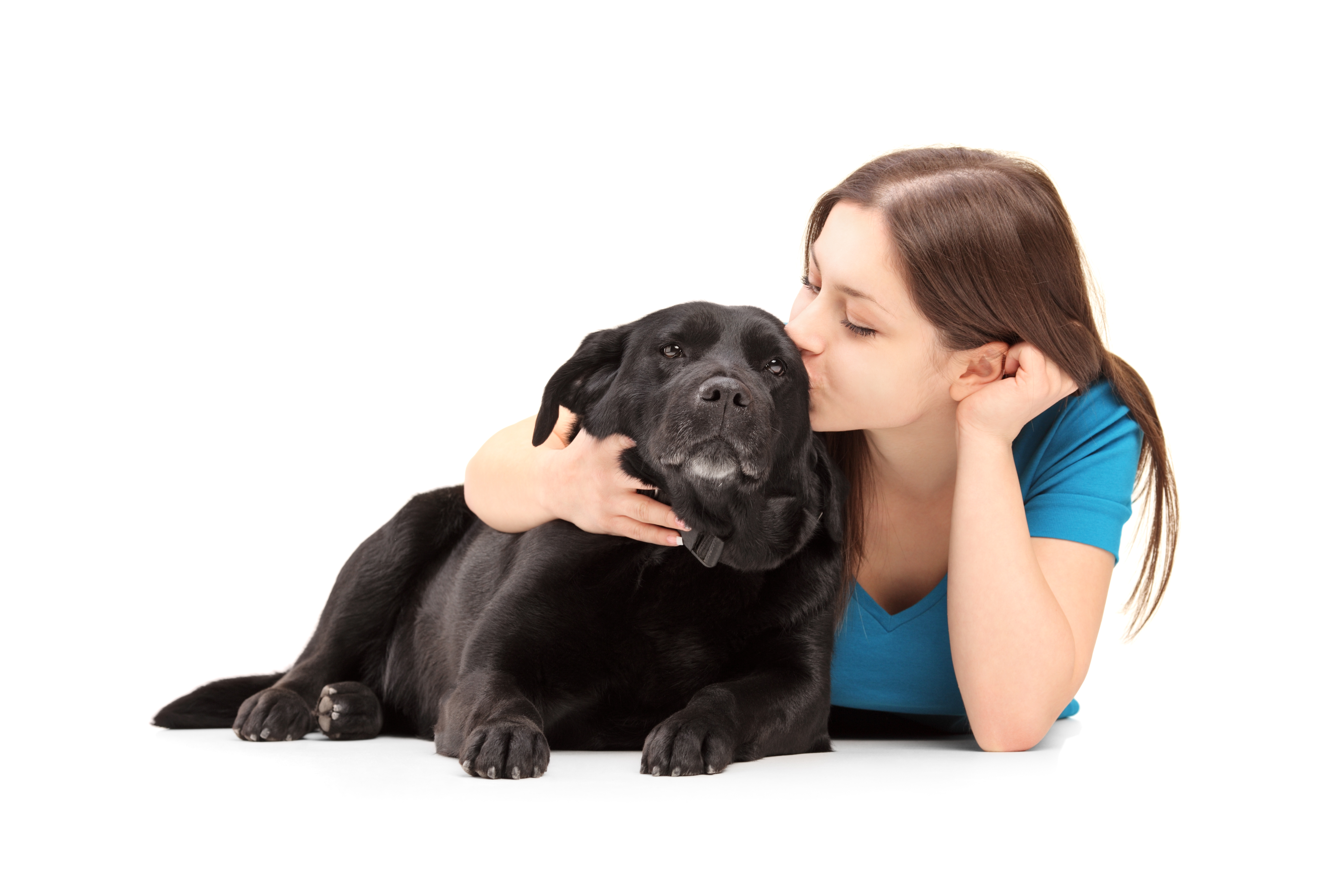This infamous issue doesn’t just hurt us – it also affects our poor little pups! This is why we wanted to take a moment and discuss precisely what Hypothyroidism is and hopefully shed some light on what it would be like to own a dog that is suffering from this condition. After all, because our dogs can’t speak and tell us what’s wrong with them, it’s up to us as loving and responsible owners to do our research so that we can be better parents and friends to them.
So, without further ado, let’s dive right in.
Hypothyroidism in dogs
Hypothyroidism in dogs is a condition that is caused by an inability to either produce or respond to the natural hormones being created by the pituitary gland. Sometimes, this is caused by a congenital or inherited condition, while in other situations, this condition may be acquired, usually as your pup reaches middle age.
The Thyroid hormones…
play a huge part in the smooth functioning of the endocrine system. This is the system of glands and nerves around your body that are responsible for many areas of bodily functioning, such as:
- Growth,
- Sexual functioning,
- And the ability to stave off hormone-related diseases.
This means that a dog suffering from Hypothyroidism is at a severe disadvantage in terms of well-being – but it is relatively easily treatable thanks to the human version of this disease.
You see…
Once Scientists figured out how to cure this condition in humans, it was only a tiny step towards treating it in our canine compatriots. Hypothyroidism requires a daily or twice-daily dose of a hormone drug to replace the damaged hormone levels in your dog’s blood. A vet will rarely seek surgical reparation for this condition, but they may still want to do so if they think the deficiency is caused by something more sinister.
It is worth bearing in mind that…
Although the symptoms may initially appear mild, it is only a matter of time before they progress. Although this is not considered the hazardous disease it once was if left unchecked, it can do severe damage and may even result in death. So, once you determine that your dog is suffering from Hypothyroidism, you will want to ensure that you get treatment sorted out ASAP so that your dog doesn’t develop any serious medical consequences. But before we get ahead of ourselves, let’s first describe Hypothyroidism and attempt to explain how it can happen to your pet.
Hypothyroidism Defined
Hypothyroidism means that your pet struggles to maintain thyroid hormone levels in its body. This lack of hormone from the pituitary gland implies the body cannot run at optimum levels. Now, a dog can be born with this condition or acquire it later in life, usually through the inheritance of some other state. Lymphocytic Thyroiditis is one such disease. In this scenario, pituitary gland inflammation causes a lack of thyroid hormone production, leading to Hypothyroidism.
The Thyroid Glands can also…
Be adversely affected in Cushing’s disease and can be subject to autoimmune Thyroiditis – a horrific variation whereby the body interprets thyroxine as a threat to itself and attacks the molecules.
Clinical signs or Symptoms of Hypothyroidism
Clinical signs that might lead to the diagnosis of Hypothyroidism are:
- Hair loss,
- Unexplained weight gain,
- Anemia,
- Low blood sugar levels,
- Hypercholesterolaemia,
- Loss of libido,
- Intolerance to cold
- And in some cases, sudden bouts of uncharacteristic aggression!
While these symptoms might appear only mildly irritating at first, they will progress until they become unmanageable, should the condition remain untreated.
Treatment Options
The first thing your vet will most likely want to do is perform a series of blood tests to diagnose for sure. Additionally, they will likely want to monitor the gland’s TSH levels to confirm their theory. Then, once this disease has been properly diagnosed, you will be in for a lifetime of further treatment, usually in a medical format. The alternatives, however, do not bear consideration.
Medications used to treat Hypothyroidism in dogs
Once diagnosed, your vet will prescribe medication responding to your pet’s needs. If your pet cannot absorb the thyroid hormone, it will be medicated in response to that. Supplements are readily available if your dog isn’t producing enough TSH. Only in the very rarest cases will the vet consider a surgical option, but this will become pricey when they do.
Commonly Affected Breeds
Some breeds known to be affected by this disease are:
- Afghan Hound,
- Airedale Terrier,
- Boxer,
- Chinese Char Pei,
- Chow Chow,
- Cocker Spaniel,
- Dachshund,
- Doberman Pinscher,
- English Bulldog,
- Golden Retriever,
- Great Dane,
- Irish Setter,
- Miniature Schnauzer.
Which brings us to…
We want to remind folks that we at IndulgeYourPet are not doctors, veterinarians, or medical professionals. We are all a bunch of folks passionate about animals and only want what’s best for them. This is why if you feel your pet may have Hypothyroidism (or any other health issue), you’ll wish to have them check you’llASAP!
Because…
An early diagnosis will often lead to the “best” medical outcome for your pet regardless of what is bothering them, but beyond that, diagnosing a medical condition early could save you a bundle in medical costs! This is also why we here at IndulgeYourPet also recommend that any new pet owner take a moment and see what it might cost to purchase a pet insurance policy for your new animal.
Now, will a pet insurance policy be suitable for everyone?
No, probably not. But until you fully understand what these policies “will” and “won’t” cover and how much these pet insurance policies cost, how will you know if one might be right for you?
For more information on who we feel currently offers the “best” pet insurance policies out there, we would encourage you to check out our Best Pet Insurance Policies article.



